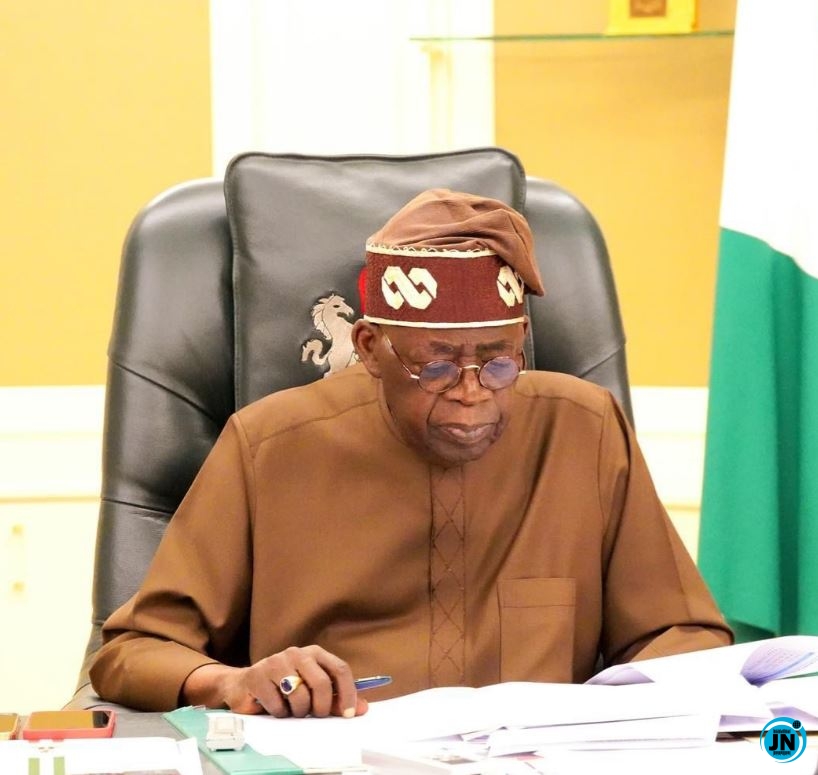President [b]Bola Ahmed Tinubu’s administration has officially announced that the much-anticipated National Youth Conference is scheduled to hold in February 2025.
This groundbreaking initiative, initially unveiled during President Tinubu’s Independence Day address, is specifically designed to tackle critical challenges affecting the nation’s youth. The conference will focus on pivotal issues such as unemployment, the education system, political participation, and the overall empowerment of Nigerian youths.
Reports confirm that the schedule for this landmark event was revealed on Saturday following persistent calls from youth organizations and stakeholders for clarity about the conference details. This came amidst growing concerns over the delay in concrete communication regarding the event.
The conference announcement also serves as a direct response to youth-driven advocacy movements that gained momentum in recent years, notably the #EndBadGovernance protests in August 2024 and the widely publicized #FearlessOctober demonstrations in October 2024.
During his October address, President Tinubu emphasized the importance of inclusivity and actionable outcomes, stating, “The conference is a platform for fostering constructive dialogue, empowering our youth, and ensuring their voices actively shape the policies that affect their futures. This is a step toward building a brighter, sustainable future for Nigeria.”
While the announcement has garnered commendations from some quarters, especially those eager for youth inclusion, certain youth groups have expressed frustration over the delays and lack of earlier follow-up communications.

The Minister of Youth Development, Ayodele Olawande, over the weekend provided additional insights into the event’s format, describing it as a month-long, action-oriented program that breaks away from traditional approaches.
According to Olawande, the first three weeks of the program will be dedicated to grassroots engagement. This phase will involve comprehensive consultations across federal constituencies, states, and local governments, aiming to identify and prioritize youth concerns at the local level. The concluding week will bring together selected delegates in Abuja for in-depth discussions and strategy formulation based on the grassroots findings.
“We will commence the conference by the first week of February, and it will adopt a different approach,” Olawande revealed. “Rather than limiting it to a few days of discussions, we’ve allocated the first three weeks for engaging the grassroots, ensuring inclusivity at every level of governance.”
The Minister also disclosed that President Tinubu is expected to inaugurate the selected delegates in mid-January to set the groundwork for the conference.
Emphasizing the practical objectives of the conference, Olawande stated, “This initiative aims to move beyond mere discussions. We’re determined to establish a platform for tangible results and impactful outcomes, unlike past efforts where talks led to no significant actions.”
The conference design prioritizes inclusivity, ensuring that no voices are left unheard. This strategy seeks to rectify shortcomings observed in similar past initiatives, such as the 2014 confab, which critics argued failed to deliver on expectations due to a lack of grassroots input.
“We’ve learned from past mistakes,” Olawande added. “Our goal is to create a results-driven conference. Committees are being formed, and templates are being distributed to ensure comprehensive and inclusive participation. We’re not recycling old methods but actively engaging youth from the grassroots upward.”
Meanwhile, as part of the preparatory steps, Ayodele Olawande announced the federal government’s intention to establish a specialized task force. This task force will be responsible for ensuring the recommendations generated during the conference are translated into actionable measures. These measures may include drafting executive orders, submitting proposed bills to the National Assembly, and creating policies that directly address identified challenges.
“We have proposed setting up an implementation task force to transform recommendations into reality,” Olawande confirmed. “Once the conference concludes, any executive orders needed will be promptly submitted to the President. Legislative drafts will also be ready for immediate review to ensure quick adoption of the proposed measures.”
The Minister further revealed that although the initial proposal suggested a shorter four-day program, President Tinubu opted for a month-long conference. This decision was motivated by a desire to maximize engagement and facilitate broader discussions involving all stakeholders.
Lucky Emonefe, the National President of the National Association of Nigerian Students (NANS), also weighed in on the matter. While applauding the federal government’s initiative, Emonefe urged the authorities to expedite the planning process. He stressed the need for the conference to prioritize actionable outcomes that directly benefit the youth population.
“This conference is a golden opportunity for Nigerian youth to voice their concerns, aspirations, and expectations,” Emonefe stated. “Our key demand remains significant youth representation in governance. We’re calling for at least 50% of decision-making roles to be allocated to young people to ensure the inclusion of youth perspectives in national policies.”
In closing, the NANS President expressed optimism that the conference would serve as a platform for meaningful reforms. However, he cautioned against further delays, urging the federal government to demonstrate its commitment by promptly delivering on its promises.

